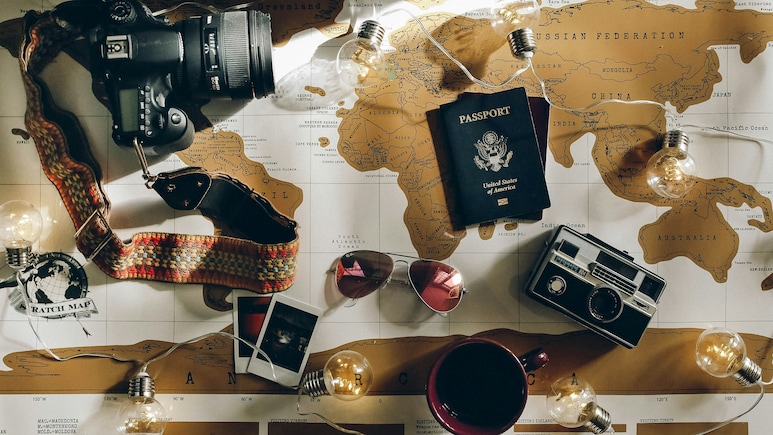
- Airport food and drinks are often 2-3 times more expensive than outside prices
- Budget airlines charge high fees for extra or overweight baggage at the airport
- Foreign exchange and forex card fees can add significant unplanned costs
Travel planning often begins with an Excel sheet detailing flights, hotels, and sightseeing itineraries, giving a sense of control over expenses. However, once you're on the road, the actual spending almost always shoots past the budget you set aside due to unexpected expenditures. That's because most of us underestimate the small yet sneaky costs that add up. The result is a trip that feels heavier on the pocket than expected, causing financial stress and anxiety. To avoid this, it's important to identify the hidden travel expenses. If you are someone who is planning an international trip soon, this guide will help you keep your budget intact.
Also Read: 7 Best Countries Where Indians Can Get A Tourist Visa Easily
Here Are 9 Hidden Travel Costs Indians Always Forget To Budget For
1. Airport Food And Beverages
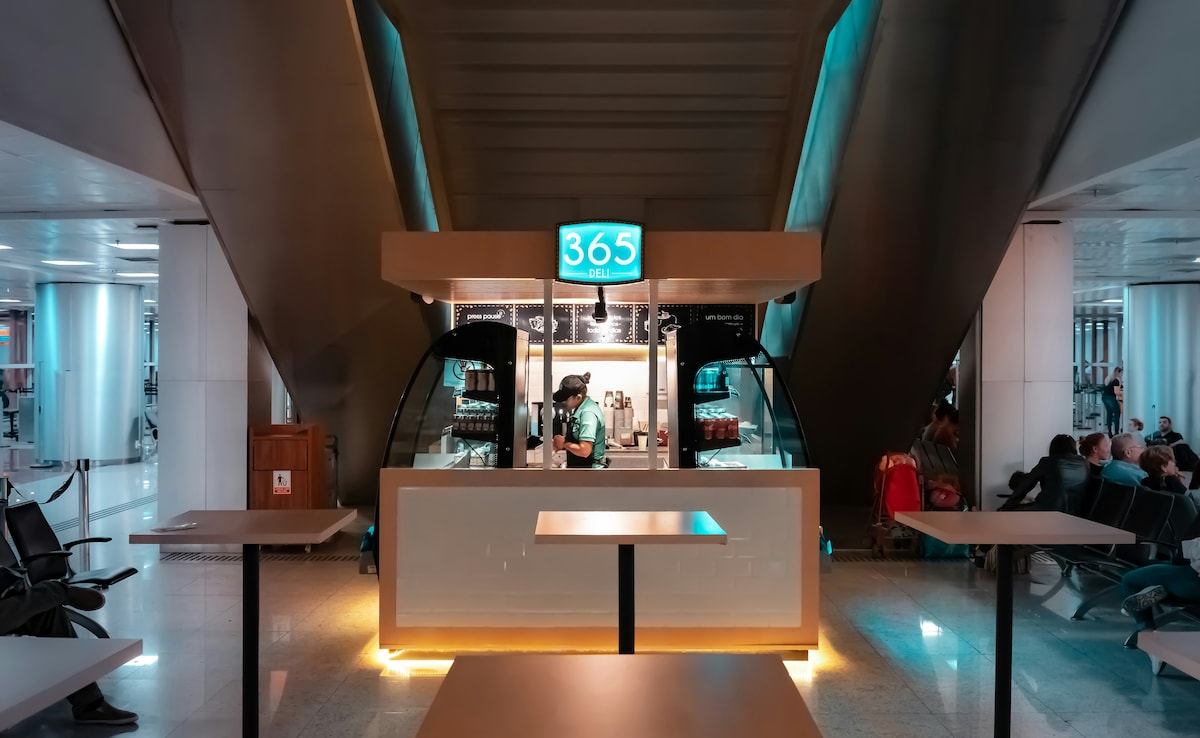
Photo: Unsplash
Starting from the beginning of your trip, it is not uncommon not to budget for food and snacks at the airport. We have all been there, just standing in front of a cafe at the airport, shocked that a sandwich costs the same as a proper thali outside. Food and drink inside airports are overpriced, often 2-3 times more than what you'd normally pay. Add coffee and snacks during layovers, and you've easily spent a few thousand rupees before even reaching your destination. Packing light snacks like khakra, thepla, or protein bars can save you both money and stress.
2. Baggage Fees and Extra Luggage Charges
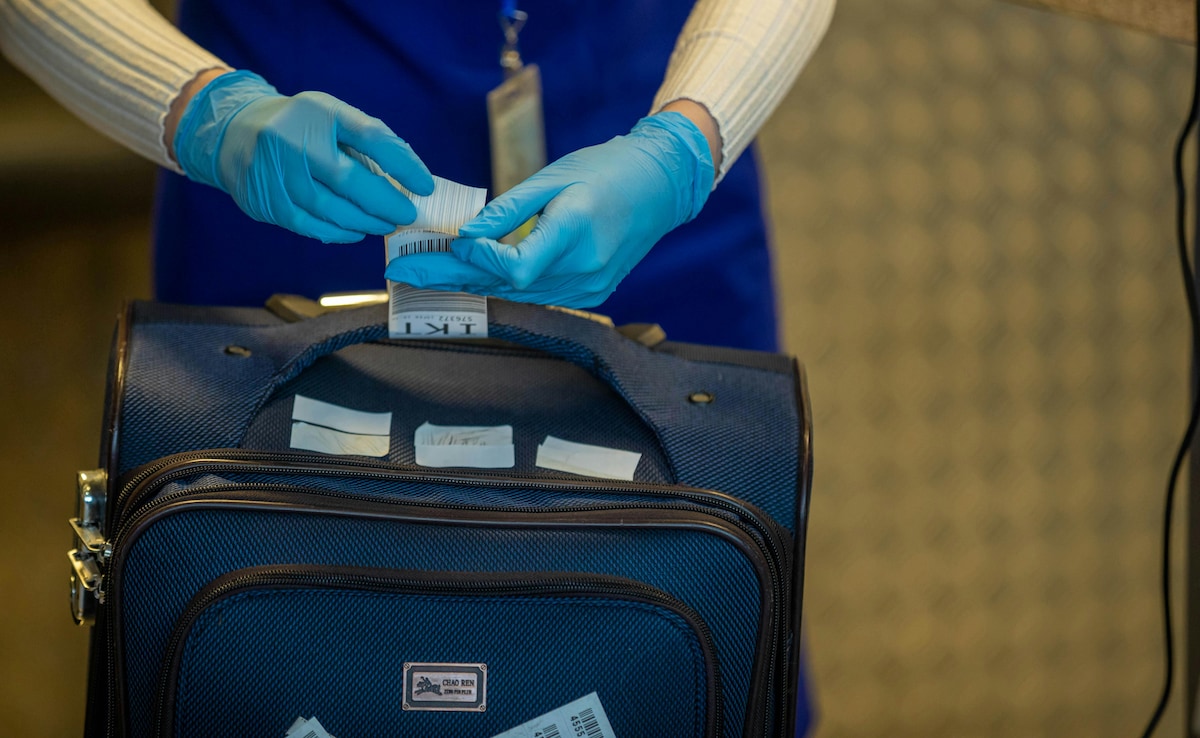
Photo: Pexels
Budget airlines often entice us with low fares, but they compensate for it in other ways. Most of them only allow a small cabin bag, and even a few extra kilos can result in shockingly high charges. Many travellers forget to check baggage rules while booking, only to be stuck paying extremely high rates at the counter. Always pre-purchase extra luggage online if needed, as it's usually much cheaper than paying at the airport.
3. Currency Exchange And Forex Fees
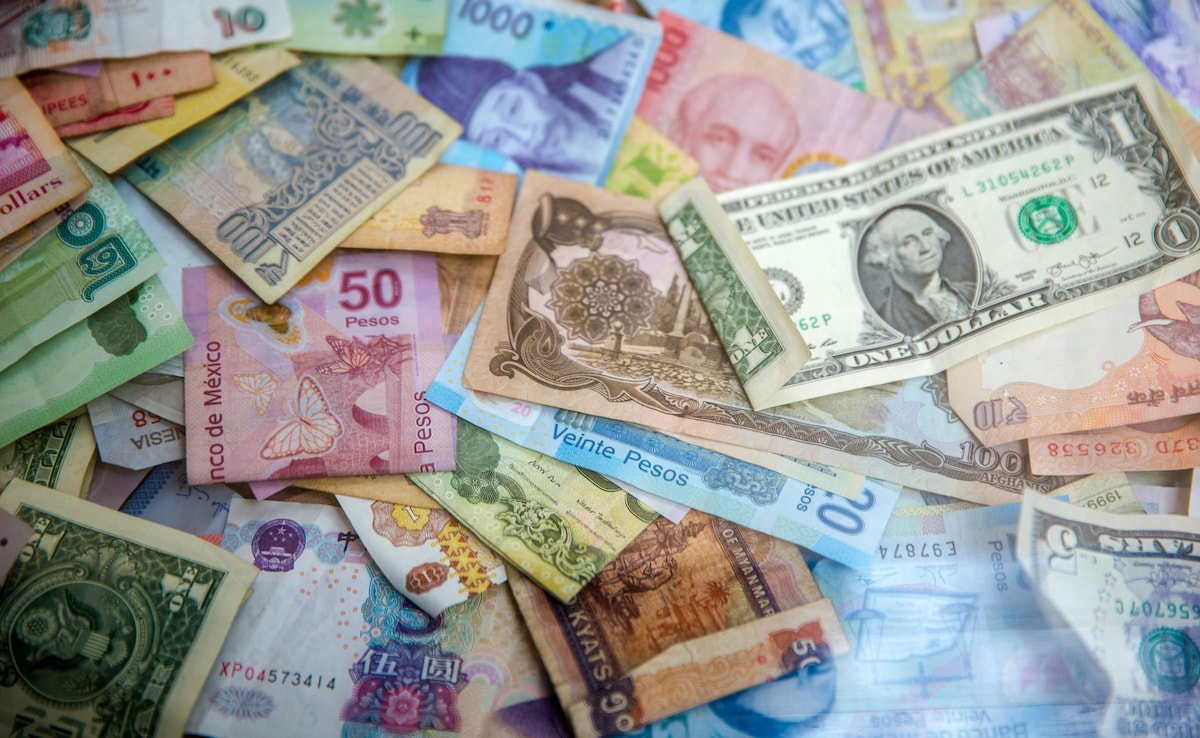
Photo: Unsplash
One of the most overlooked travel costs is the extra money lost in foreign exchange. It could be because of withdrawing cash abroad or swiping your international debit card, hidden charges like dynamic currency conversion, ATM fees, and bank surcharges add up fast. This is something that most people don't realise, while choosing a prepaid forex card or exchanging currency at reputed centres before departure can save a significant amount of money.
4. Visa Application And Processing Costs
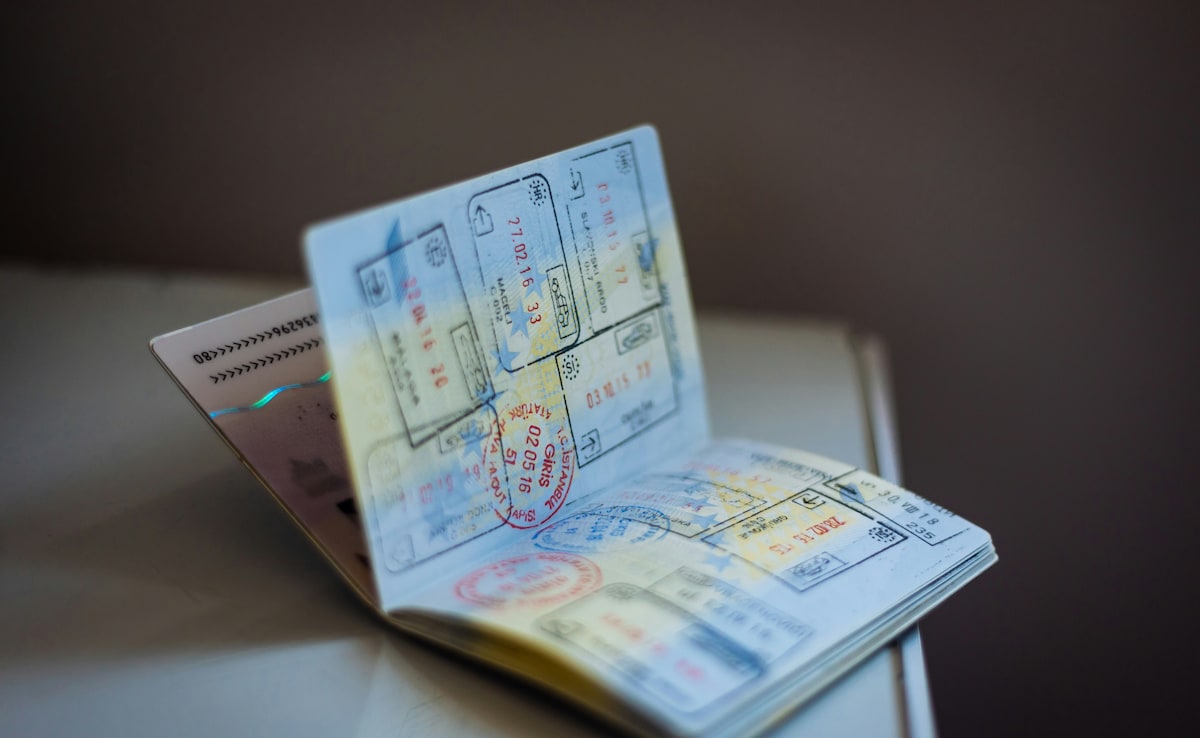
Photo: Unsplash
While planning for an international trip, we usually count on the visa fee but forget to add the "extras." Costs like document photocopying, courier services, biometric appointments, and VFS service charges come in too. Plus, if your application requires multiple visits or an urgent appointment, the expense can increase further. For families, these costs add up pretty quickly.
5. Hotel Add-Ons and Service Charges

Photo: Pexels
It's easy to be tempted by low hotel prices online, but the real costs often appear after check-in. From daily breakfast charges (if it's not included in the stay) to bottled water, Wi-Fi, and laundry services, hotels find ways to add extras to your bill. Even resort taxes or city tourism fees, which are common in places like Europe and Southeast Asia, can disrupt your budget. A smart way to handle this is by booking properties that are upfront about inclusions and clarifying hidden charges before you arrive.
Also Read: 6 European Destinations You Can Explore Without Schengen Visa
6. Local Transportation Costs
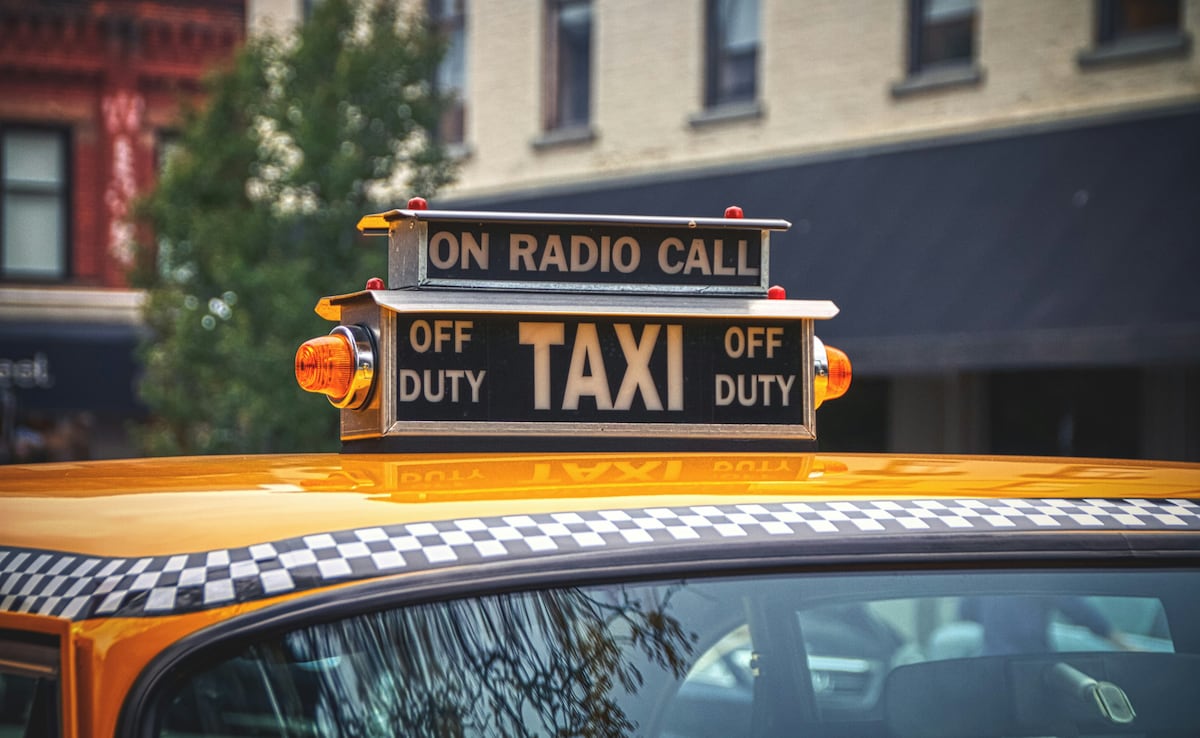
Photo: Unsplash
Once you land at your destination, getting around is often pricier than expected. Taxis, surge-pricing rideshares, tolls, and even airport transfers can make your budget go haywire. In many cities abroad, metro passes or day passes are a much cheaper alternative but often overlooked by first-time travellers. The trick is to research in advance. Know if your destination has public transport or if hiring a rental car would actually work out better for your itinerary.
7. Roaming Charges And Internet Access
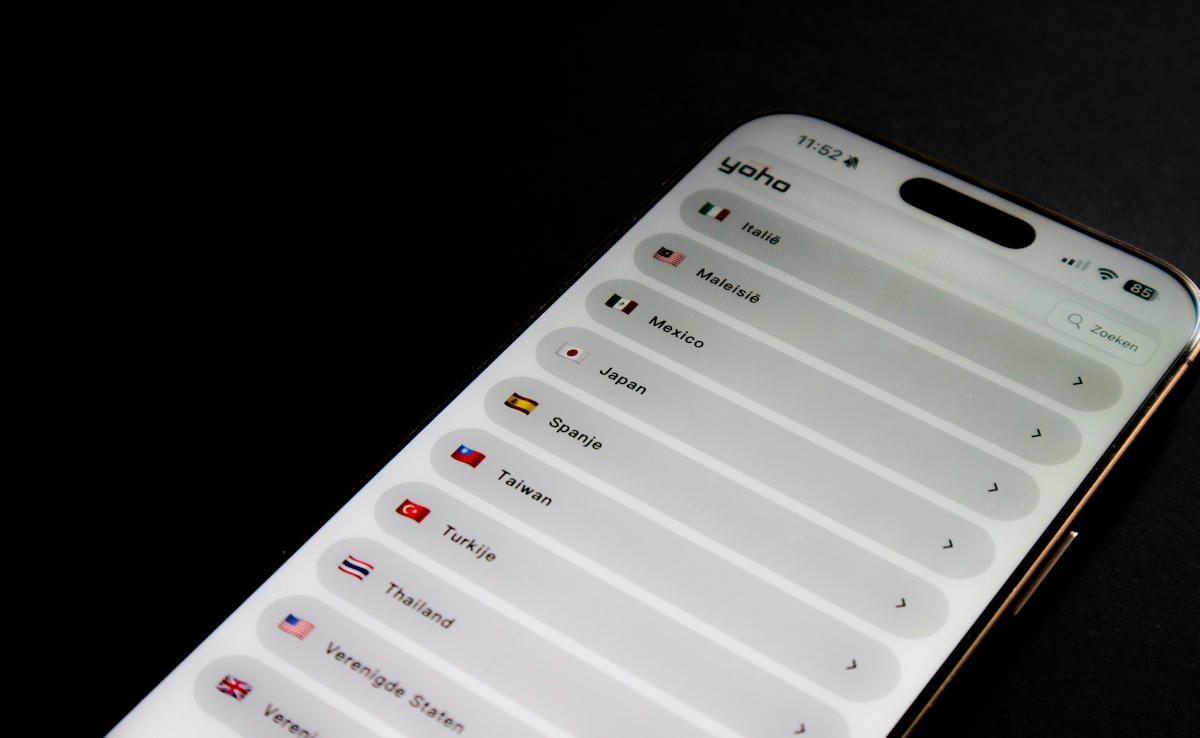
Photo: Unsplash
We live in an era where internet access is as essential as food, but many travellers forget to add the roaming and data costs. Using your Indian SIM abroad without an international pack can result in a massive bill shock. Similarly, buying SIM cards at the airport usually costs much more. The smarter approach is to buy a local SIM after reaching the city or choose an eSIM that activates instantly.
8. Sightseeing and Activity Extras
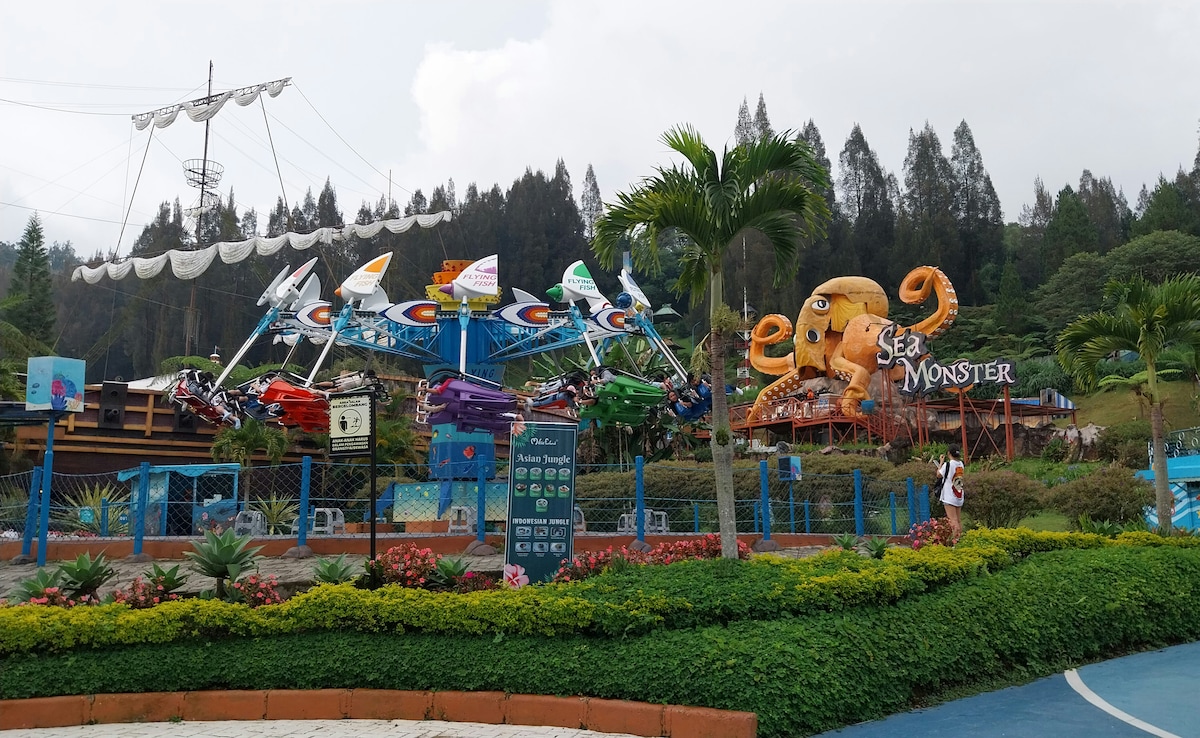
Photo: Unsplash
That "cheap" entry ticket you buy for a monument or theme park often excludes important extras. This includes audio guides, shuttle buses, photography charges, or locker rentals. If you do scuba diving or skiing, it also comes with hidden equipment and permit fees. The total amount spent can end up being double what you expected in the first place. Always check what your ticket includes, and if you're travelling in a group, ask about combo passes that work out more economically.
9. Seasonal And Last-Minute Travel Costs
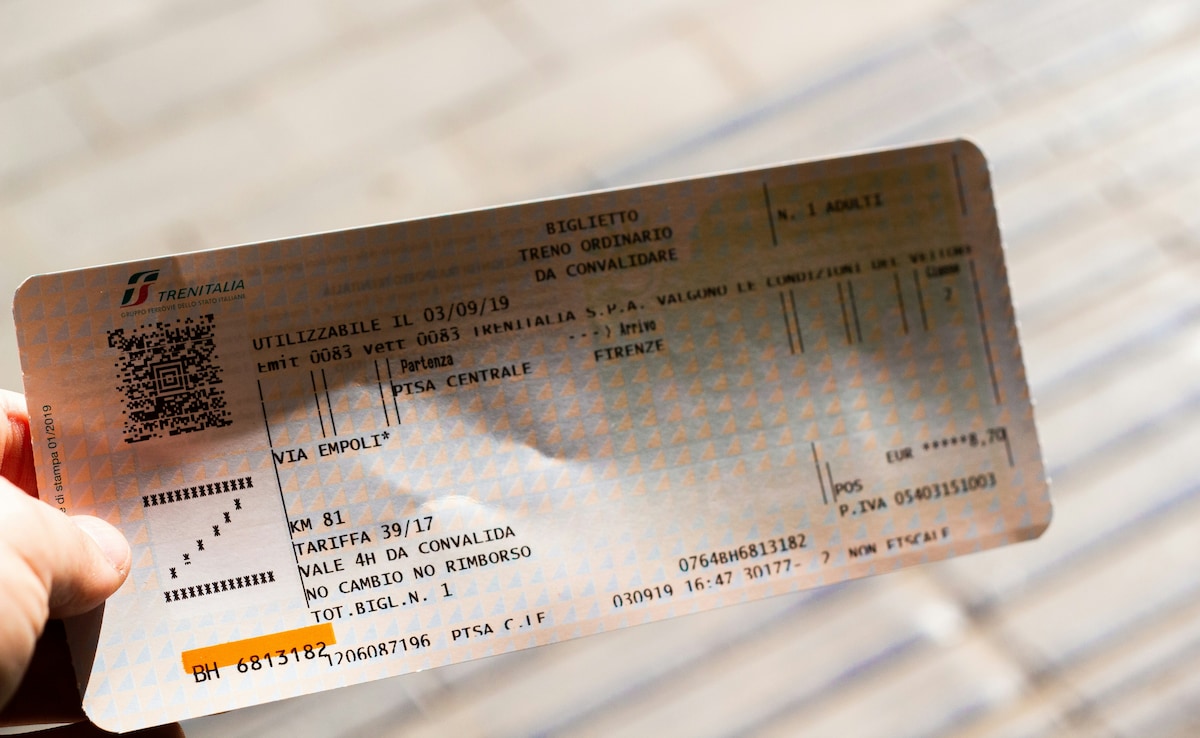
Photo: Unsplash
Indians love travelling during long weekends and festive breaks, but this often means higher fares and surge pricing. Airlines and hotels raise prices sharply during peak season, and even local transport may cost more in tourist-heavy months. Last-minute travellers also face "urgency fees" for visas and forex. If your travel dates are not flexible, always prepare for a seasonal premium.
How To Avoid Hidden Costs While Travelling | Tips To Avoid Hidden Costs
1. Carry your own snacks for airports and train journeys.
2. Always pre-book baggage allowance online.
3. Compare forex rates between banks, money changers, and forex cards.
4. Check all hotel inclusions before confirming bookings.
5. Download local transport apps for passes and discounts.
6. Invest in an eSIM or local SIM card instead of depending on roaming.
Also Read: Indians Denied Entry Into Malaysia Under 30-Day Visa-Free Entry Scheme. Authorities Explain Why
Hidden Costs While Travelling: Domestic vs International Travel
For domestic travel, hidden expenses often come in the form of parking fees, tolls, food on the go, or last-minute hotel meals. International trips, on the other hand, can include bigger expenses like forex card losses, visa fees, roaming charges, and city tourism taxes. If you are aware of this difference, it will help you plan your budget without going overboard.
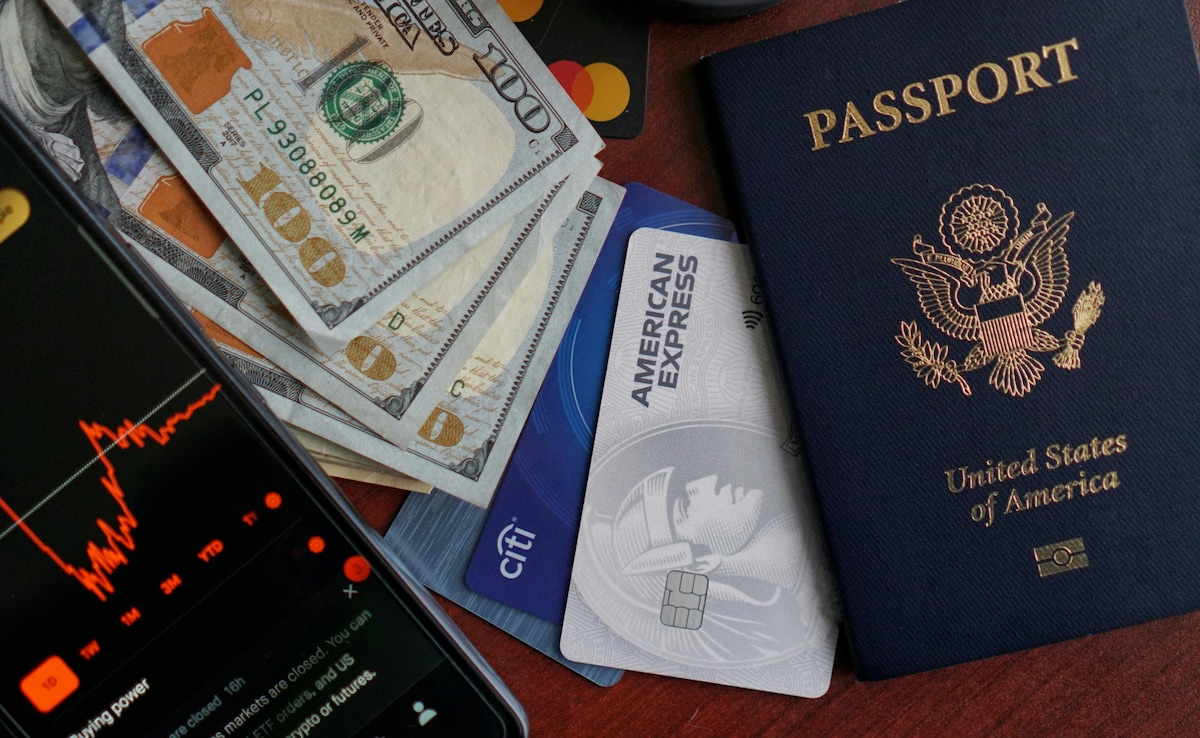
Photo: Pexels
How To Plan A Budget For Travel
No matter how detailed your planning is, hidden costs have a way of showing up. The safest strategy is to keep aside at least 10-15 per cent of your total trip budget as a "buffer fund." This way, unexpected expenses don't disrupt your holiday or cause unnecessary stress. Smart travellers know that it's better to return home with leftover money than scramble to cover last-minute costs.
So, follow this guide the next time you are planning a trip to avoid any monetary shocks later!
Track Latest News Live on NDTV.com and get news updates from India and around the world

